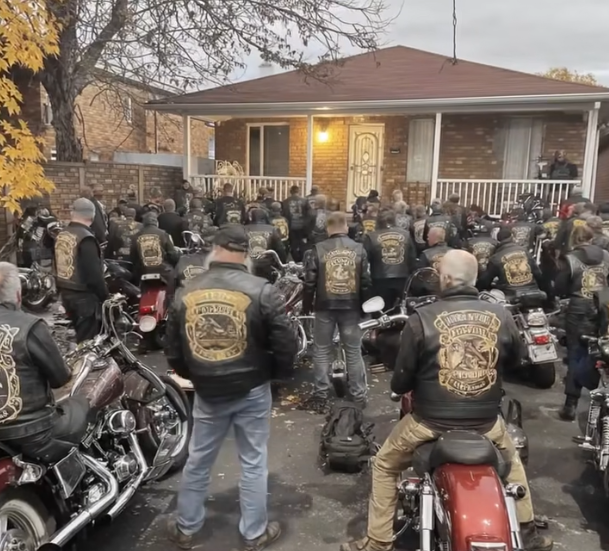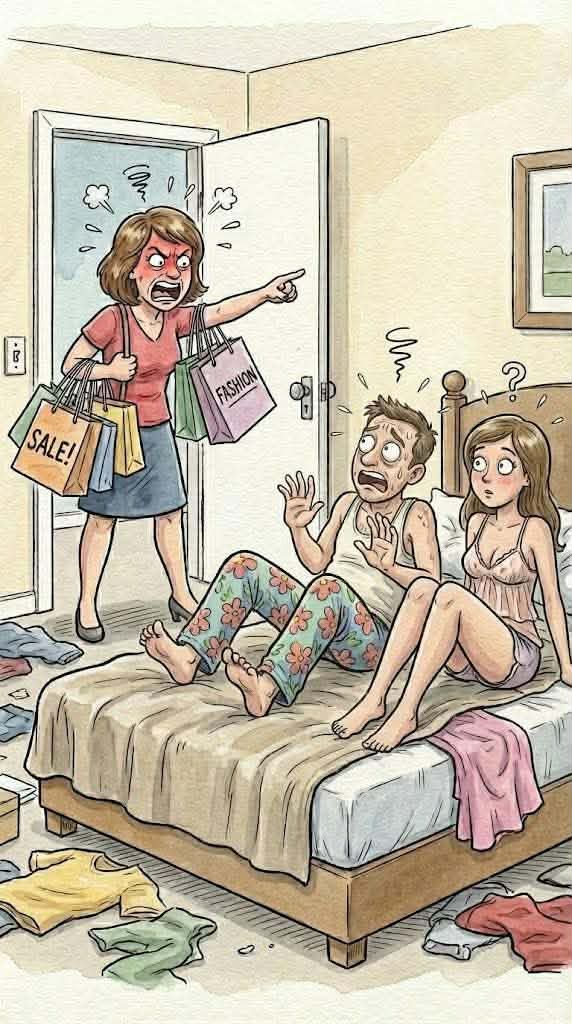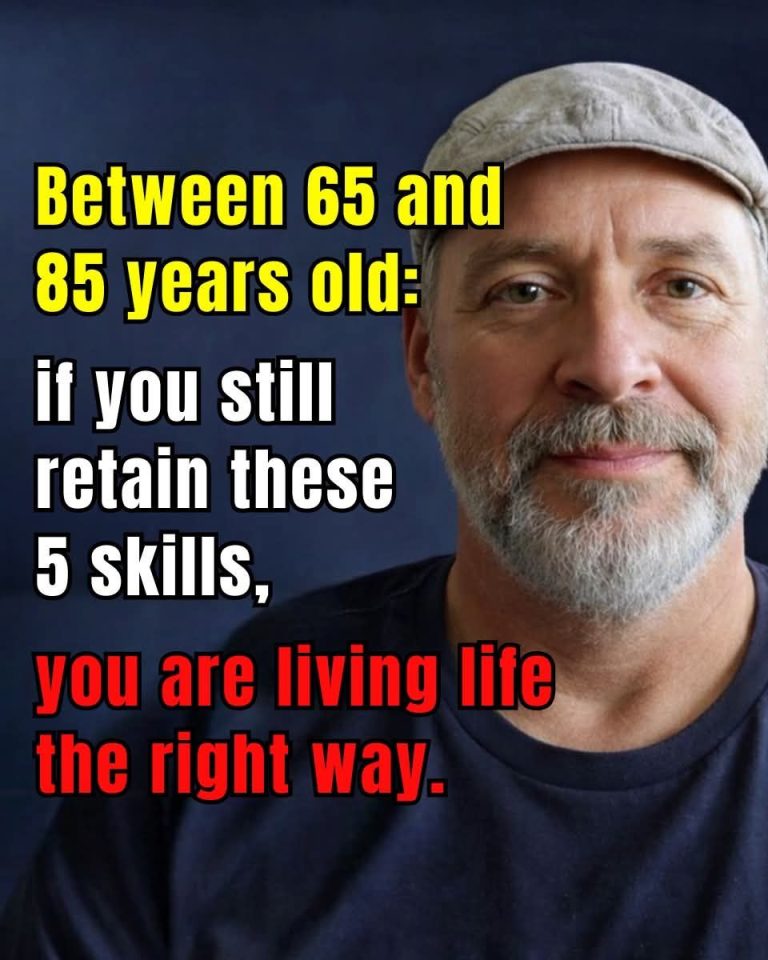
The bikers started arriving at my house just after midnight, and I was ready to call the police on every single one of them.
I hated bikers. Always had. Loud. Obnoxious. Breaking noise ordinances at all hours. Our quiet suburban neighborhood didn’t need their kind around.
So when I heard the rumble of motorcycles pulling up to my curb at 12:00 a.m., I grabbed my phone and looked out the window, ready to dial 911.
Fifteen of them. Then twenty. Then thirty. All parking in front of my house. Leather vests. Beards. Tattooed arms. Everything I despised about their culture.
They killed their engines but didn’t leave. They just stood there, staring at my house — at my son’s bedroom window on the second floor.
My son Tyler was sixteen. Good kid. Quiet. Spent most of his time in his room online. I thought he was doing homework. Gaming with friends. Normal teenage stuff. I had no idea what he’d been posting. What he’d been planning. What he’d written in those forums where angry boys become dangerous men.
The doorbell rang. I yanked it open, ready to threaten every single one of them with trespassing charges.
The biggest biker stood there, phone in his hand, and before I could speak he said seven words that made my blood run ice cold:
“Your son is going to get killed because of what he wrote — so stop him.”
At first I thought he was bluffing. Then someone behind him reached into his vest and produced a photo — a screenshot of a thread with Tyler’s username plastered across it. I recognized the sarcastic smirk in the avatar. I recognized the childish slur. But I didn’t recognize the replies: promises, coordinates, an angry username that had been rattling around other forums for days.
“What is this?” I demanded. “Who are you? Why are you on my porch?”
The leader — his name was Mark, he said — softened his tone. He didn’t yell. He didn’t glare. He spoke the way a man who’d seen too many bad endings speaks: low, steady, furious-but-calculating.
“We saw the thread,” he said. “We saw who was stirring it up. This isn’t a joke. Those replies? They meant what they said. We came because you didn’t know. Because your boy might have been walking into something ugly and permanent.”
“Who are you?” I repeated, shakier now.
He glanced over his shoulder at the group behind him. “Friends of people who don’t survive the internet’s bad choices,” he said. “We patrol the corners where kids get caught. We’re not cops. We’re just people who won’t let someone die because they thought a screen made them brave.”
It was absurd and terrifying all at once. My palms went slick. Tyler was upstairs, oblivious. I’d been thinking ‘angry teenagers’ — a detention, maybe, or a deleted account. I hadn’t been thinking of threats that used real names and real addresses.
I pushed past them and ran up the stairs two at a time. Tyler’s door was closed. His light was on. His headphones, still plugged in, were the only clue he was awake.
“Ty!” I burst in. He jumped so hard he knocked his water bottle over. He shoved the laptop closed like it was evidence.
“What? Mom, what’s wrong?”
“Turn that off. Now.” My voice didn’t waver, but my insides were spinning. He blinked at me, confused. “You okay?” he asked, still half smiling.
“Did you post something last night?” I demanded.
He opened his mouth to answer, then saw the faces outside his window in the reflection of the glass: thirty men on bikes, helmets clutched on their laps, standing guard in the street. The smile died.
“I—Mom, I wrote something dumb. It was just a stupid comment on a forum. I didn’t mean—”
“Who replied?” I said. “Who replied to you?”
He swallowed. “Some guy named ‘Hawk.’ He kept egging me on. I told him to leave my friend alone. He said he’d make me regret it. I thought he was a troll.”
We sat there for a long, breathless minute. Then I heard footsteps at the bottom of the stairs. Mark came in without being invited. He closed the door gently. He didn’t sit; he stood in the shadow of the room like someone who wanted to be polite but needed us to understand gravity.
“Tyler,” he said, “this ‘Hawk’ isn’t a troll. He threatened your name and address. We traced him to a crew that runs around looking for fights. They’re not into internet drama; they’re into real-world trouble. You were bait. You provoked them without knowing.”
Tyler’s face went white. “I didn’t think— I thought they wanted to talk. I thought I’d show them I wasn’t scared.”
“We get it,” Mark said. “Bravado. Teen stuff. But sometimes the other side takes it as an invitation. We can buffer that. We can make it clear you aren’t theirs.”
“How?” I asked, every protective instinct flaring.
“First thing,” Mark said, “we keep you off the net tonight. We take the laptop. We pull the threads. We call the police with what we found. We also post something: a simple message that this kid is under the protection of local riders and that any violence will be noticed. It’s a deterrent.”
He looked at me, waiting.
I felt stupidly foolish for agreeing, but also unbelievably grateful. Within an hour the bikers’ headlights made the street glow. They made a call to the local precinct, explained they’d found a credible threat, and handed over the screenshots. Two officers arrived — their presence was quick, procedural, and calmer than anything else there. They took statements. They promised to monitor the area.
Mark and his people stayed until dawn, talking to me and Tyler about boundaries and consequences. They were stern but patient. They explained, gently, that online actions have offline consequences, and bravado could get you or someone else hurt. They told stories — stripped of glamor — about fights that started on forums and ended in the ER.
“They aren’t your enemies,” Mark said to Tyler. “But they’re not your playthings either. You don’t need to test them.”
Tyler listened like someone finally hearing an adult explain the world in a way that didn’t sound like a lecture. I watched him shrink and then take responsibility, tears pin-pricking in his eyes. He was scared in a way that would stay with him, but it was not the paralyzing kind. It had an edge of understanding now.
By morning, the police had made contact with the usernames, confirmed a couple of people linked to the threats, and asked the bikers for all the data they’d pulled. Mark and his crew weren’t there to escalate; they were there to ensure the police had evidence.
Before they left, one of the older riders — a gray-bearded man named Ed — handed Tyler a battered helmet and a kid’s patch, something symbolic. “Wear this on the inside of your jacket,” he said. “So you remember we’re not your enemies. We’re the people who will drag you out of the dark if you fall in.”
The community was shaken the next day when word spread. Some neighbors were furious that bikers had camped my street; others were oddly thankful. Schools called. Counselors reached out to Tyler, offering help and a chance to talk through how he behaved online. He agreed to see someone.
In the weeks that followed, Tyler changed. He deleted accounts, apologized to people he’d hurt, and volunteered at a local youth center — helping younger kids learn how to be safe online. He and I tightened rules around his screen time and I learned to pay attention to the forums he lurked in. I became the parent who asked the awkward questions: “Who are you talking to? What did they say? Show me the messages.”
I also reached out to the bikers once, bringing a tray of coffee and muffins to the corner where they’d gathered. They shrugged it off but accepted. Mark told me later, with a rare grin, “We ride for the ones who can’t or won’t. Sometimes that means sitting on a curb at midnight watching a scared kid sleep.”
Months later, Tyler and I still talk about that night. It was a wake-up call that none of us asked for — a lesson in humility and the real-life consequences of online words. It could have been so much worse. Instead, it became a turning point: an uncomfortable, sharp moment that taught us boundaries, respect, and the value of unusual allies.
People always want easy answers: call the police, block the user, delete the account. Those steps help. But that night showed me something else: community can look like leather jackets and roaring engines. Protection can come from whoever steps up and keeps watch when the rest of us are asleep.
I will never love bikers because of their noise. I still dislike their disregard for our neighborhood rules. But I won’t forget the men and women who parked on our curb, who read screenshots and made phone calls, who put their presence between a frightened child and a threat. They didn’t celebrate. They didn’t gloat. They simply did what needed doing.
And as for Tyler — he grew up a little faster. He learned the weight of a post, the faces behind usernames, and the worth of keeping his hands off a keyboard when he’s angry. We have rules now, but more than that we have conversations. He knows that if he ever feels trapped or threatened again, there will be no shame in telling me. No pride in fighting alone.
That night the bikers taught both of us a lesson we would have learned the hard way otherwise: when the internet points a gun at a real kid, it takes real people to step into the gap.



